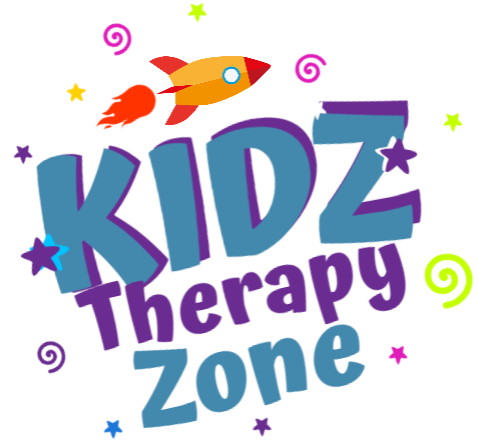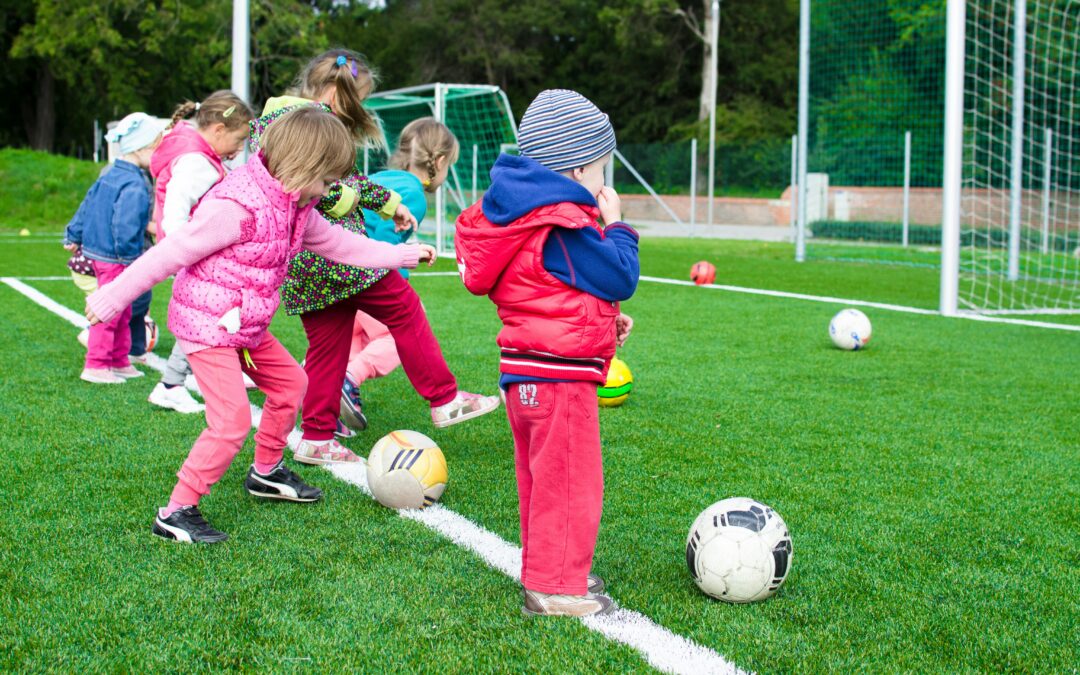Introduction
Physical activity is crucial for every child’s development, promoting not only physical health but also emotional well-being, social skills, and cognitive growth. However, children with special needs often face barriers that prevent them from fully participating in traditional sports and recreational activities. Adaptive sports and inclusive recreation programs are designed to bridge this gap, ensuring that every child, regardless of ability, can experience the joy and benefits of physical activity.
Inclusive Sports Programs and Activities
Inclusive sports programs are structured to welcome children of all abilities, fostering a sense of community and belonging. These programs focus on adapting activities to meet the unique needs of each participant while maintaining the integrity and enjoyment of the sport. Some examples of inclusive sports programs include:
- Unified Sports: These programs bring together athletes with and without intellectual disabilities to train and compete on the same team. By promoting teamwork and mutual understanding, Unified Sports foster an environment where all participants can thrive.
- Special Olympics: Offering year-round training and competitions, Special Olympics provides children with intellectual disabilities opportunities to participate in a wide range of sports, from swimming to basketball. The emphasis is on skill development, self-confidence, and building friendships.
- Adaptive Aquatics: Water-based activities are particularly beneficial for children with physical disabilities, offering a low-impact environment where they can build strength and coordination. Adaptive aquatics programs tailor lessons and activities to the child’s abilities, ensuring safety and enjoyment.
Adapting Traditional Sports for Children with Special Needs
Adapting traditional sports involves modifying rules, equipment, and environments to make them accessible and enjoyable for children with special needs. Here are some strategies:
- Modifying Equipment: Using lighter balls, larger goals, or adjustable basketball hoops can make sports like soccer or basketball more accessible. For children with limited mobility, adaptive equipment such as sports wheelchairs or hand cycles can be introduced.
- Adjusting Rules: Simplifying rules or allowing additional time to complete tasks can help children with cognitive or motor challenges participate fully. For instance, in a game of baseball, allowing a child to hit off a tee instead of a pitch can level the playing field.
- Creating Supportive Environments: Coaches and instructors trained in working with children with special needs are crucial. They can provide individualized support, such as one-on-one coaching or using visual aids for instruction. Additionally, creating a sensory-friendly environment by reducing noise and providing quiet spaces can help children with sensory sensitivities feel more comfortable.
Benefits of Physical Activity for Children with Disabilities
Engaging in regular physical activity offers numerous benefits for children with disabilities, extending beyond the physical realm:
- Physical Health: Regular exercise helps improve cardiovascular health, build muscle strength, enhance coordination, and maintain a healthy weight. For children with disabilities, it can also help prevent secondary health conditions such as joint stiffness or muscle atrophy.
- Emotional Well-being: Physical activity can be a powerful tool for improving mood and reducing anxiety. Participating in sports and recreational activities fosters a sense of accomplishment and boosts self-esteem, especially when children set and achieve personal goals.
- Social Skills and Inclusion: Adaptive sports provide opportunities for children to interact with peers, build friendships, and develop teamwork skills. These social interactions are essential for developing communication skills and fostering a sense of community and inclusion.
- Cognitive Development: Engaging in physical activity stimulates brain function, enhancing focus, memory, and problem-solving skills. For children with disabilities, structured sports activities can also help improve attention and reduce hyperactive behaviors.
Adaptive sports and inclusive recreation programs play a vital role in ensuring that all children, regardless of their abilities, have the opportunity to enjoy the benefits of physical activity. By adapting traditional sports and creating supportive environments, we can help children with special needs build confidence, improve their physical health, and experience the joy of being active. It’s a step towards creating a more inclusive world where every child can thrive.

